
2022:
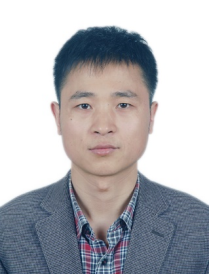
Prof. Tao Lei, Shaanxi University of Science and Technology, China (IEEE Senior Member)
Title: Lightweight Networks for Abdominal Image Segmentation
Abstract: With the rapid development of deep learning techniques, smart medicine has become a hot spot and attract the attention of many scholars. At present, a large number of state-of-the-art deep network modes have been proposed and used for abdominal medical image segmentation. Although these networks improve accuracy of target segmentation in abdominal images, they still suffer from some challenges. Especially, popular medical image segmentation networks require a mountain of parameters, high memory usage, high computational costs, which leads to a difficulty of deploying these networks in low-resource devices. To address the issue, this report mainly introduces the design methods of lightweight networks, including our works on the design of lightweight networks for abdominal image segmentation. These lightweight networks not only effectively reduce the number of parameters and computational costs, but also improve the organ segmentation accuracy for abdominal images.
Tao Lei is currently a Professor with the School of electric Information and Artificial Intelligence, Shaanxi University of Science and Technology. He is a senior member of IEEE, CCF, and CSIG. He was selected into the Shaanxi Province High-level Talent Program in 2017. He has served at more than ten international conferences as co-chair, co-publication chair, and co-award chair. His current research interests include image processing, pattern recognition, and machine learning. He has authored and co-authored 80+ research papers including IEEE TIP, TFS, TGRS, TCDS, TRPMS, ICASSP, ICME, ICIP, and FG, where 3 papers are selected as ESI highly cited papers. The google scholar citation is 2000+.
As a project leader, he hosts the National Natural Science Foundation of China (four projects), the Outstanding Youth Fund of Shaanxi Province, and the Key Research and Development Program of Shaanxi.
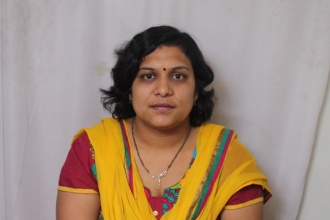
Prof. Shruti Jain, Jaypee University of Information Technology, India (IEEE Senior Member)
Title: Comming soon...
Abstract: Comming soon...
Dr. Shruti Jain is an Associate Dean (Innovation) and Professor in the Department of Electronics and Communication Engineering at the Jaypee University of Information Technology, Waknaghat, H.P, India. She has received her Doctor of Science (D.Sc.) in Electronics and Communication Engineering. She has teaching experience of around 18 years. She has filed eight patents, of which one has been granted and five are published. She has published more than 24 book chapters, and 125 research papers in reputed indexed journals and in international conferences. She has also published 14 books. She has completed two government-sponsored projects. She has guided 07 Ph.D. students and now has 04 registered students. She has also guided 11 M Tech scholars and more than 97 B Tech undergrads. She has organized 09 conferences of IEEE and Springer as Conference General Chair. Her research interests are Image and Signal Processing, Soft Computing, Internet-of-Things, Pattern Recognition, Bio-inspired Computing, and Computer-Aided Design of FPGA and VLSI circuits. She is a senior member of IEEE, Executive member of IEEE Delhi Section, life member and Executive member of Biomedical Engineering Society of India, and a member of IAENG. She is a member of the Editorial Board of many reputed journals. She is also a reviewer of many journals and a member of TPC of different conferences. She was awarded by Nation Builder Award in 2018-19 and enlisted in 2% scientist of world rankings of 2021 published by Elsevier, data compiled by Stanford University.
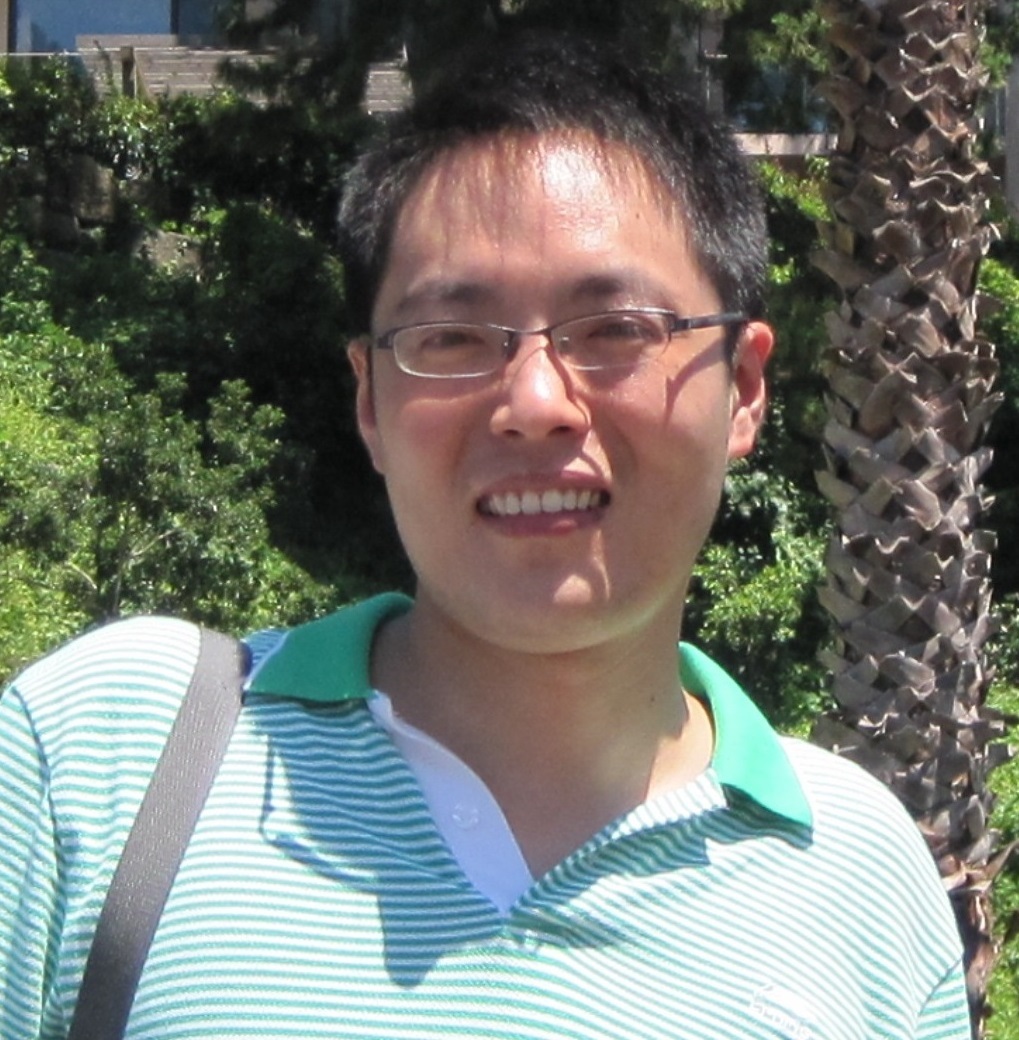
Prof. Xiaofeng Ding, Huazhong University of Science and Technology, China
Title: Privacy Preserving Problems in Big Data Publishing
Abstract: The need to efficiently store and query large scale datasets is evident in the growing number of data-intensive applications, particularly to maximize the mining of intelligence from these data (e.g., to inform decision making). However, directly releasing dataset for analysis may leak sensitive information of an individual even if the data is anonymized, as demonstrated by the re-identification attacks on the DBpedia datasets. In this talk, we introduce a novel k-decomposition algorithm and define a new information loss matrix designed for utility measurement in massively large graph datasets. We also propose a novel privacy preserving framework that can be seamlessly integrated with graph storage, anonymization, query processing, and analysis.
I am currently a Professor and Pd.D Supervisor in the School of Computer Science and Technology at Huazhong University of Science and Technology (HUST). I received my Ph.D degree in Computer Science from HUST in 2009. I also worked as Research Fellow at the National University of Singapore and the University of South Australia during 2010-2013. My research interests mainly include data privacy and query processing, data encryption, graph databases and deep learning. Most of my works are published in reputable jounrals or conferences like IEEE Transactions on Knowledge and Data Engineering, IEEE Transactions on Dependable and Secure Computing, International Conference on Very Large Data Bases (VLDB), IEEE International Conference on Data Engineering (ICDE), ACM Conference on Information and Knowledge Management (CIKM) and etc.
EIECC 2021:
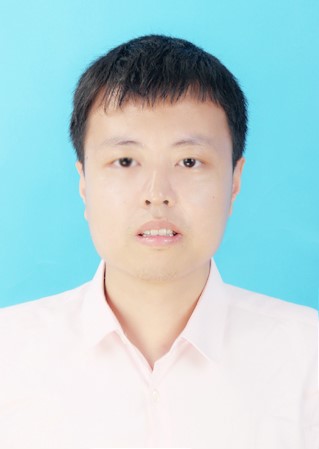
Prof. Zhiyuan Zhu, Southwest University, China
Title: Self-powered integrated silicon PIN detector and triboelectronic nanogenerator
Abstract: The ΔE-E telescopes based on thin and thick silicon PIN devices are widely used for detecting radiation types and particle energy. We have fabricated the first 3D integrated silicon PIN device. On the other hand, Triboelectric nanogenerators (TENGs) is an emerging approach which can scavenge the mechanical energy from the ambient environment based on the combination of contact electrification and electrostatic induction. It has been demonstrated to be a robust power source and exhibits more attractive potential due to its outstanding characterizations of sustainability, high-output performance, and unrestricted material selection. The self-powered mechanism of the silicon PIN radiation detector based on TENG is proposed. We have also carried out extensive investigations regarding TENG, including its structure, output, and application. The TENG combined with artificial intelligence is also investigated.
Dr. Zhiyuan Zhu (Ph.D.-Microelectronics and solid-state electronics), now is a full professor at Southwest University. He is an editorial board member in PLOS ONE (SCI index) and SCIREA Journal of Energy. He is also a committee member and gives invited or keynote talks at multiple international conferences. He is a senior member of CSMNT and CIS society. He got his B.S in electronic science and technology (microelectronics technology) at the university of electronic science and technology of china, Ph.D. in microelectronics and solid-state electronics at Peking University, and he was a visiting scholar of Georgia institute of technology (2013-2014). He joined Zhejiang University as an assistant professor in 2016. And Dr. Zhiyuan Zhu got Zhongtian Faculty Fellowship of Ocean College, Zhejiang University in 2018. He is promoted to a full professor at Southwest University in September 2019.
Research interest: Microsystem technology (including Micro/nanofabrication, Self-power sensor, Nano energy device)
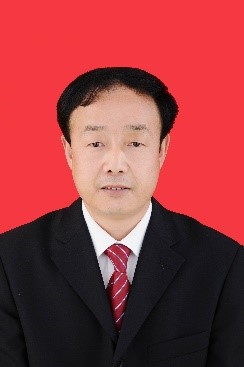
Prof. Xincheng Ren, Yanan University, China
Title: Research progress and prospects of the characteristics of composite electromagnetic scattering from the land surface with the nearby target using FDTD
Abstract: The research on characteristics of composite electromagnetic scattering from the land surface with nearby targets has a wide range of applications in the fields of data collection, feature extraction, control, and identification of military radar echo characteristics, as well as civil microwave remote sensing and wireless communication. The research progress of the characteristics of composite electromagnetic scattering from the land surface with nearby targets is explained from the aspects of land surface contour modeling, ground feature dielectric parameter modeling, target modeling, numerical calculation method, incident wave type, etc., and prospects for the future research direction.
He is currently a Professor at the school of physics and electronic information, Yanan University. He has authored over 200 papers. His research interests include propagation and scattering of electromagnetic (optical) waves in complex systems and random mediums, computational electromagnetics, theory, and technology of wireless communication.
He is currently the director of the Shaanxi Key laboratory of intelligent processing for energy big data, the director of the Shaanxi electronic information experimental teaching demonstration center, the deputy director of the Shaanxi physics experimental teaching demonstration center, and the director of the Yanan Key laboratory of information processing and measurement and control technology. He used to serve as the secretary of teaching and research, associate dean, and dean of the school of physics and electronic information, the director of the institute of radio waves, and the director of the institute of information and communication engineering of Yanan University.
He is also a member of IEEE, a senior member of the Chinese Institute of electronics, a senior member of the Chinese Institute of communications, a member of the physics teaching research association of the Chinese education society, a member of the northwest subcommittee of the physics teaching steering committee of the education ministry, a member of the electromagnetic scattering and inverse scattering professional committee of the antenna branch of the Chinese Institute of Electronics, a member of the "Smart Ecology" professional technology group of the internet of things committee of the china institute of communications, executive director of the Shaanxi provincial physics society, executive director of the Shaanxi provincial signal processing society, director of the Shaanxi provincial institute of communications, a member of the high performance computing professional committee of Shaanxi computer society, chairman of Yan'an physics society, executive vice chairman of Yan'an information network security association. He was selected into the science and technology expert database of the China Institute of communications. He is an evaluation expert of the National Natural Science Foundation of China, an evaluation expert of the State Council's degree and postgraduate education dissertation, and an evaluation expert of scientific research projects of the Science and Technology Department of Chongqing City, Jiangxi Province, and Anhui Province.